In a new study published in The New England Journal of Medicine , a 42-year-old male patient with type 1 diabetes since age 5 received a transplant of pancreatic islet cells from a healthy donor.
Results showed that after 12 weeks, these cells produced insulin in response to blood sugar levels, especially after meals. More importantly, the patients did not need to take immunosuppressants.
The event marks the first time the technique has been successful in humans without the use of immunosuppressive drugs.

New trial opens up hope for treatment that does not require insulin or immunosuppressants for people with diabetes (Illustration: Unsplash).
Type 1 diabetes occurs when the immune system mistakenly attacks the islet cells in the pancreas, which produce insulin. Currently, diabetes is usually controlled with diet and daily insulin injections.
In recent years, scientists have experimented with alternative therapies using healthy pancreatic islet cell transplants. However, the biggest obstacle is that patients’ immune systems often reject the transplanted cells, forcing them to take immunosuppressant drugs. This in turn increases the risk of infection and other diseases.
To achieve this, before implantation, scientists used the CRISPR tool to make three genetic edits to the cells.
Tests on the transplanted cells themselves showed that unedited cells were quickly destroyed. Cells that were only partially edited were also rejected by the body. Only cells with all three edits survived and maintained insulin production function.
The technique has previously shown promising results in mice and monkeys, but this is the first time it has been tested in humans without the use of immunosuppressive drugs.
Last year, in China, doctors also reported the case of a young woman who had insulin-producing cells grown from her own stem cells. After four months, the patient maintained safe blood sugar levels for 98% of the day.
Researchers hope that this new result can open up a safer and more effective treatment for type 1 diabetes. At the same time, this gene editing technology can be widely applied in other types of organ transplants, reducing the need for immunosuppressive drugs, which is currently the biggest barrier.
Source: https://dantri.com.vn/suc-khoe/ca-ghep-te-bao-dau-tien-mo-ra-buoc-ngoat-moi-trong-dieu-tri-tieu-duong-20250819170426435.htm


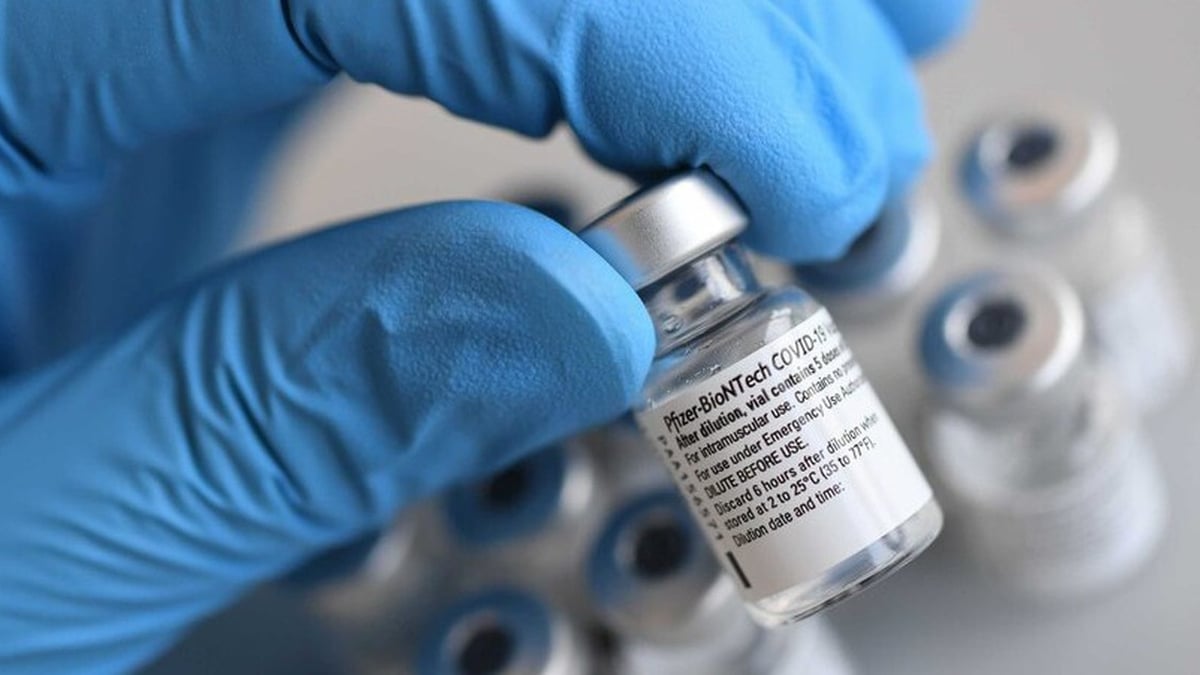



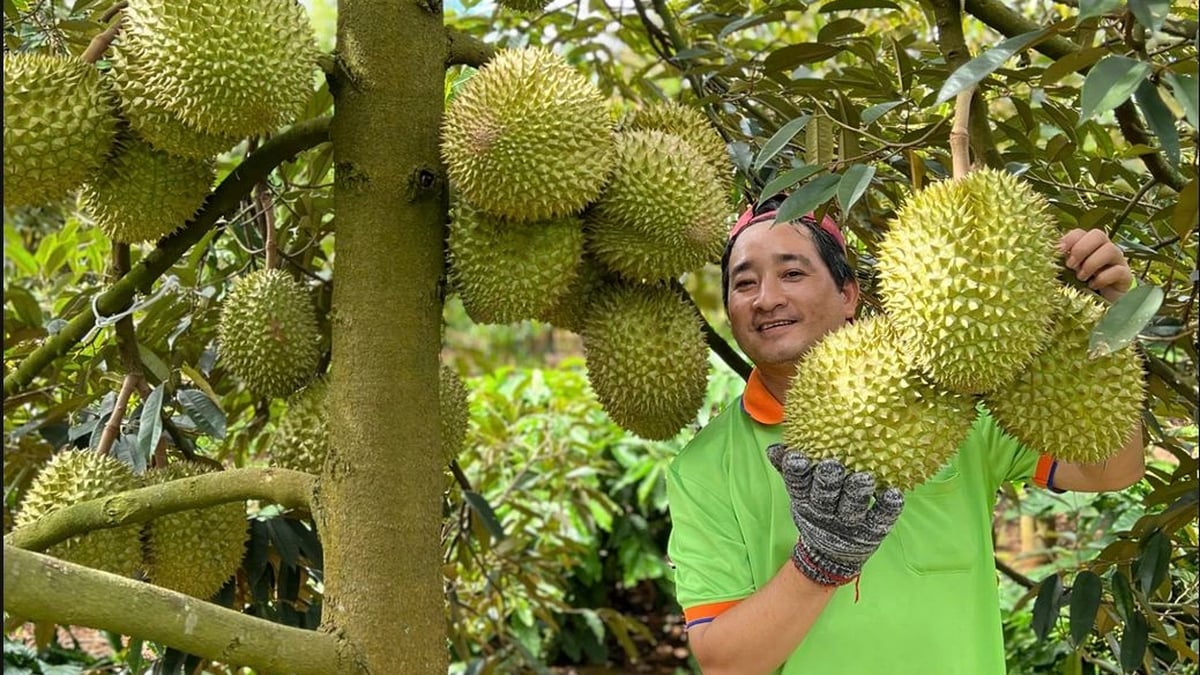
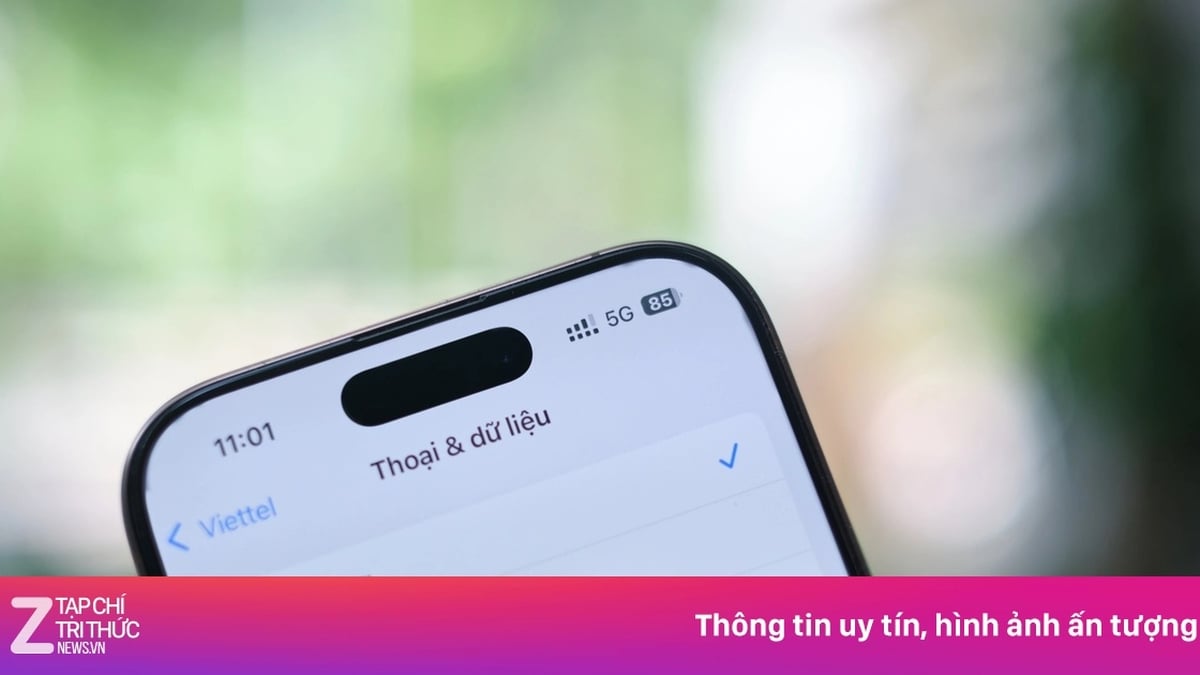

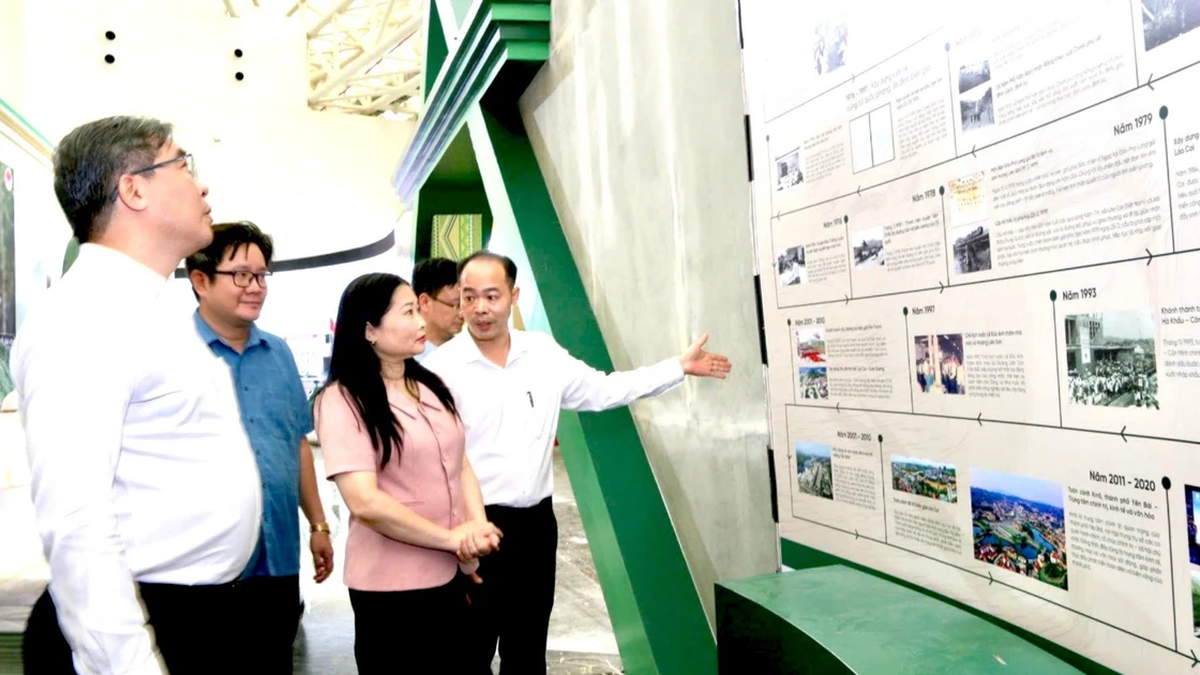
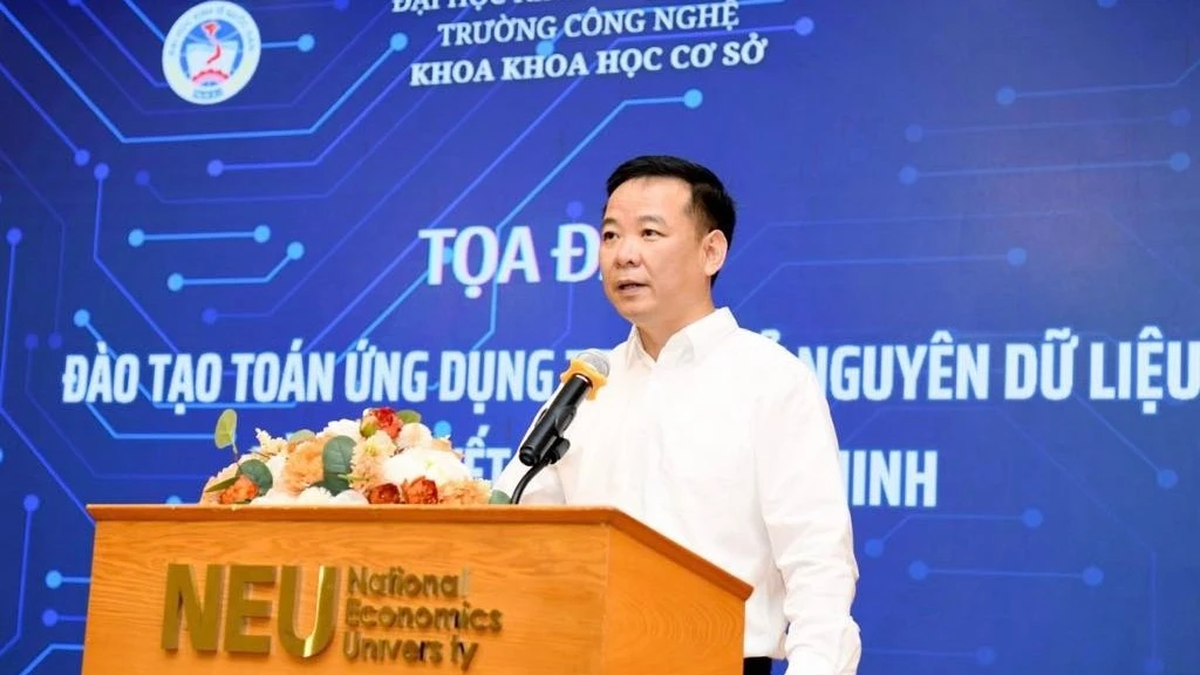
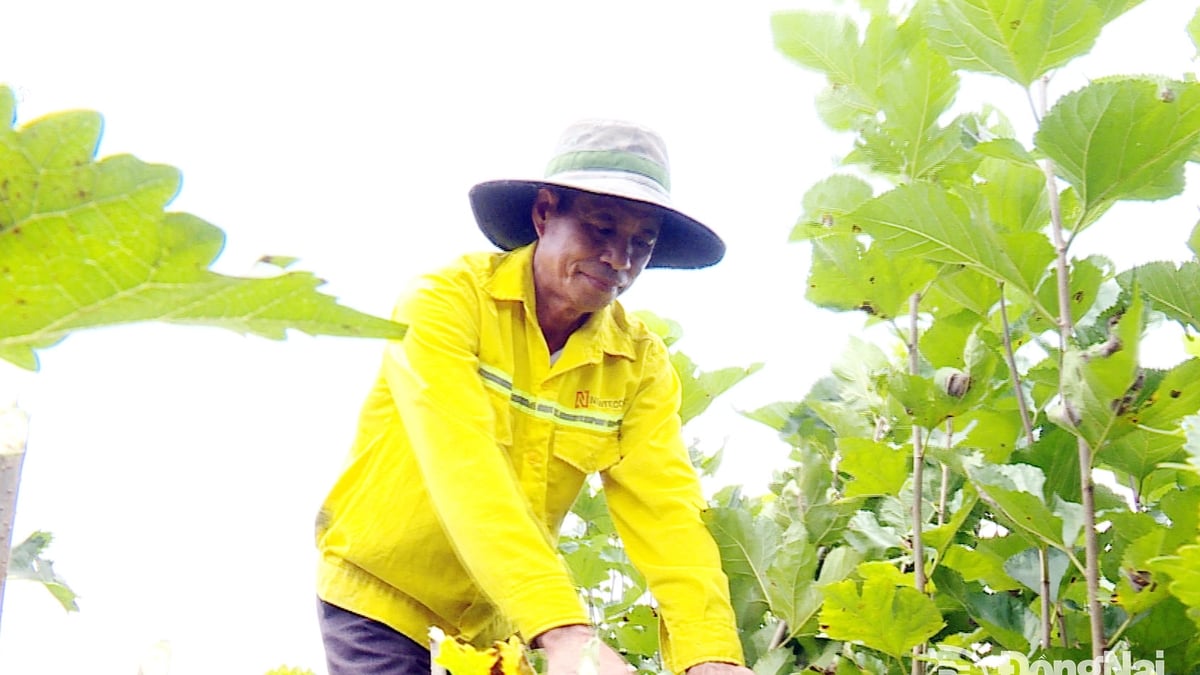











![[Photo] Close-up of the first International Financial Center building in Ho Chi Minh City](https://vphoto.vietnam.vn/thumb/1200x675/vietnam/resource/IMAGE/2025/8/19/3f06082e1b534742a13b7029b76c69b6)
![[Photo] Politburo works with the Standing Committee of Da Nang City Party Committee and Quang Ninh Provincial Party Committee](https://vphoto.vietnam.vn/thumb/1200x675/vietnam/resource/IMAGE/2025/8/19/b1678391898c4d32a05132bec02dd6e1)


![[Photo] General Secretary and Prime Minister visit the National Exhibition and Fair Center](https://vphoto.vietnam.vn/thumb/1200x675/vietnam/resource/IMAGE/2025/8/19/f4503ad032d24a90beb39eb71c2a583f)

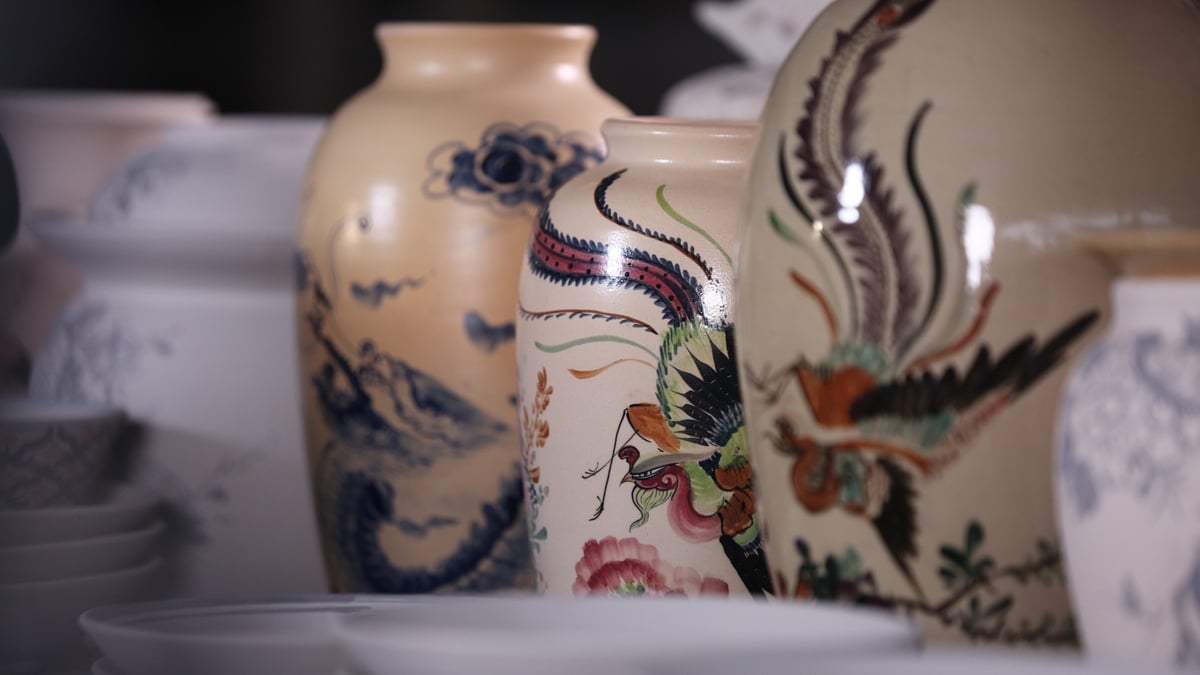
![[Photo] President Luong Cuong's wife and Queen of Bhutan visit Tran Quoc Pagoda](https://vphoto.vietnam.vn/thumb/1200x675/vietnam/resource/IMAGE/2025/8/19/62696af3852a44c8823ec52b03c3beb0)
![[Photo] General Secretary To Lam attends the inauguration and groundbreaking ceremony of 250 projects to celebrate National Day](https://vphoto.vietnam.vn/thumb/1200x675/vietnam/resource/IMAGE/2025/8/19/3aa7478438a8470e9c63f4951a16248b)








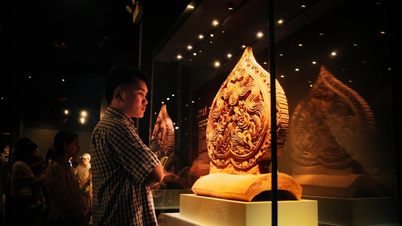



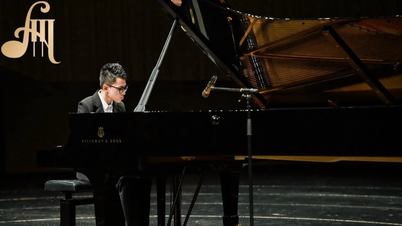
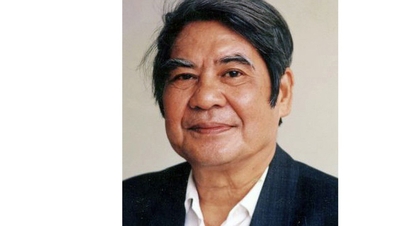








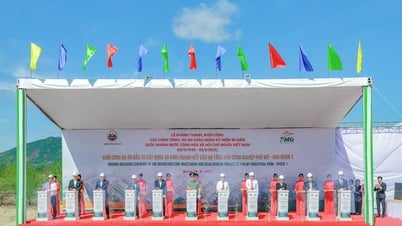








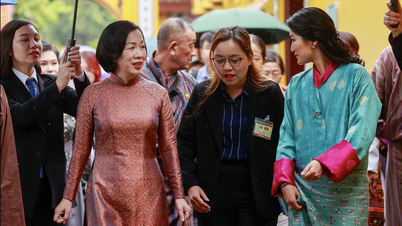





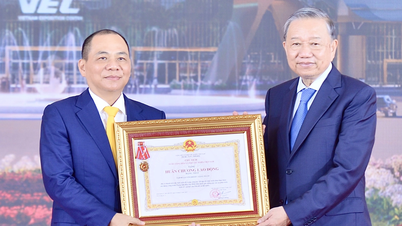
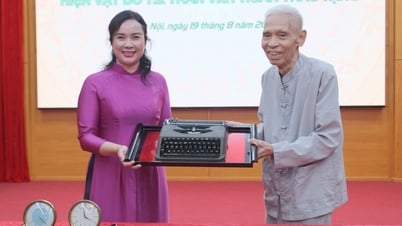


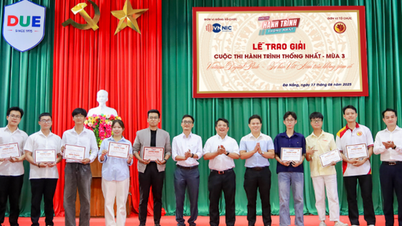

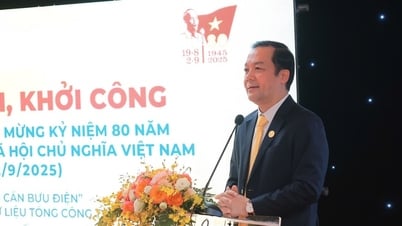
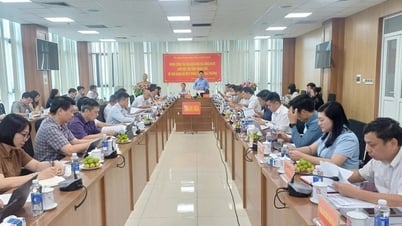







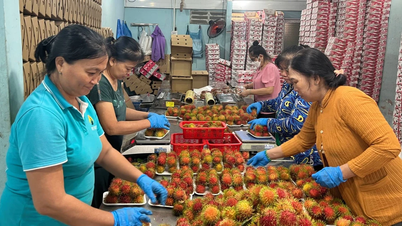






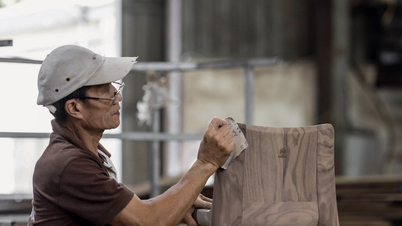







Comment (0)